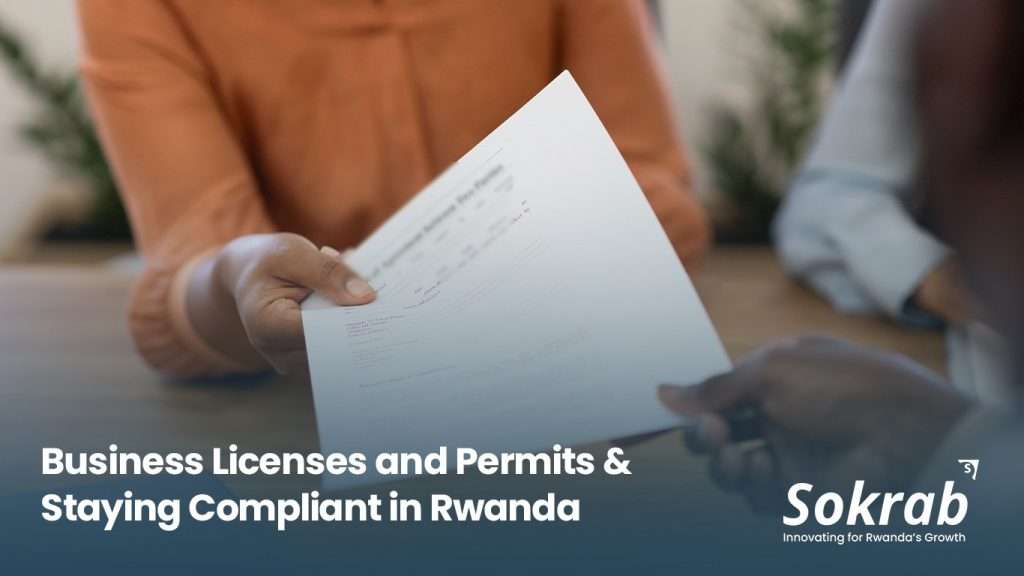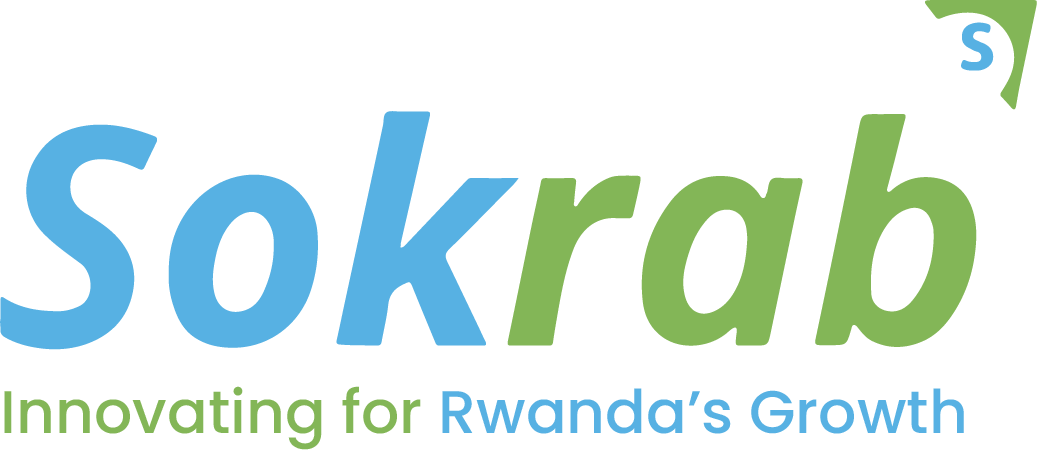Rwanda Trade License & Business Permits | Staying Compliant in Rwanda

Operating a business in Rwanda is quite promising, especially considering the country’s generally favorable regulatory environment. However, it is very important to ensure that all licensing and permit requirements, including trade license, are complied with. This blog outlines the business licenses, trade license, and permits required to operate a business in Rwanda and pinpoints how companies maintain compliance with the renewal and reporting requirements for these business License and trade license and permits.
Understanding the Licensing Framework
The regulatory frameworks of different kinds of businesses vary in Rwanda. Each of these industries can have their specific business licenses, trade licenses, and business permits, as set by numerous government agencies for compliance. Rwanda Development Board (RDB) mainly has the responsibility to regulate business activities in Rwanda. Other regulatory bodies like Rwanda Utilities Regulatory Authority (RURA) , or Rwanda Revenue Authority ( RRA), also have an important role to play in the enforcement of compliance by certain sectors.
Some of the common types of licenses include:
General Business Registration
Every company, regardless of its size or sector, should always register for a business license with the Rwanda Development Board (RDB). This includes stating the name of the company, legal structuring, and the business plan— a key part of the required information. Upon approval of this registration, a Certificate of Incorporation is issued to the business, giving it the legal right to get a business license and operate in the country.
Licenses by Sector
The license required varies according to the type of industry that one falls into. Businesses have to obtain certain operation-specific licenses. For instance:
Trade License Patente
A commercial license, on the other hand, typically referred to as a Patente, is commercially obtained from the local government within the area and usually must be renewed annually.
Health and Safety Permits
Whereas others belong to industries that health and safety compliance bestows great confidence upon their operations, such as manufacturing, hospitality, and food processing. They must also be governed by the regulations of the Ministry of Health and may need special inspections or certifications prior to engaging in the operation.
Environmental Impact Assessment - EIA
Operations in sectors such as agriculture, energy and construction require an Environmental Impact Assessment approval. This is a way of ensuring that the operations are not harmful to the environment according to Rwanda’s goals of environmental sustainability.
Staying compliant involves
Timely Renewals: Regularly renew licenses like the Trading License (Patente) to avoid disruptions.
Compliance Audits: Conduct internal audits to ensure adherence to legal standards, identifying non-compliance early.
Accurate Reporting: Submit accurate tax filings to the Rwanda Revenue Authority (RRA) and keep financial records in order.
Capacity Building: Train staff on compliance matters to maintain a legally sound business culture.
📞 Let's Connect!
Ready to unlock the potential of your business? Reach out to us. Your success story with Sokrab Ltd awaits!
Quick Links
Head Office
Office No. 504, Port Saeed, Al Wahda Building, PO Box 31367 Dubai, United Arab Emirates
Rwanda Office
Kigali, Kacyiru, 68 KG 684 st
Office Hours
Monday - Friday 09 AM - 05 PM
- info@sokrab.com
- +250793897842
